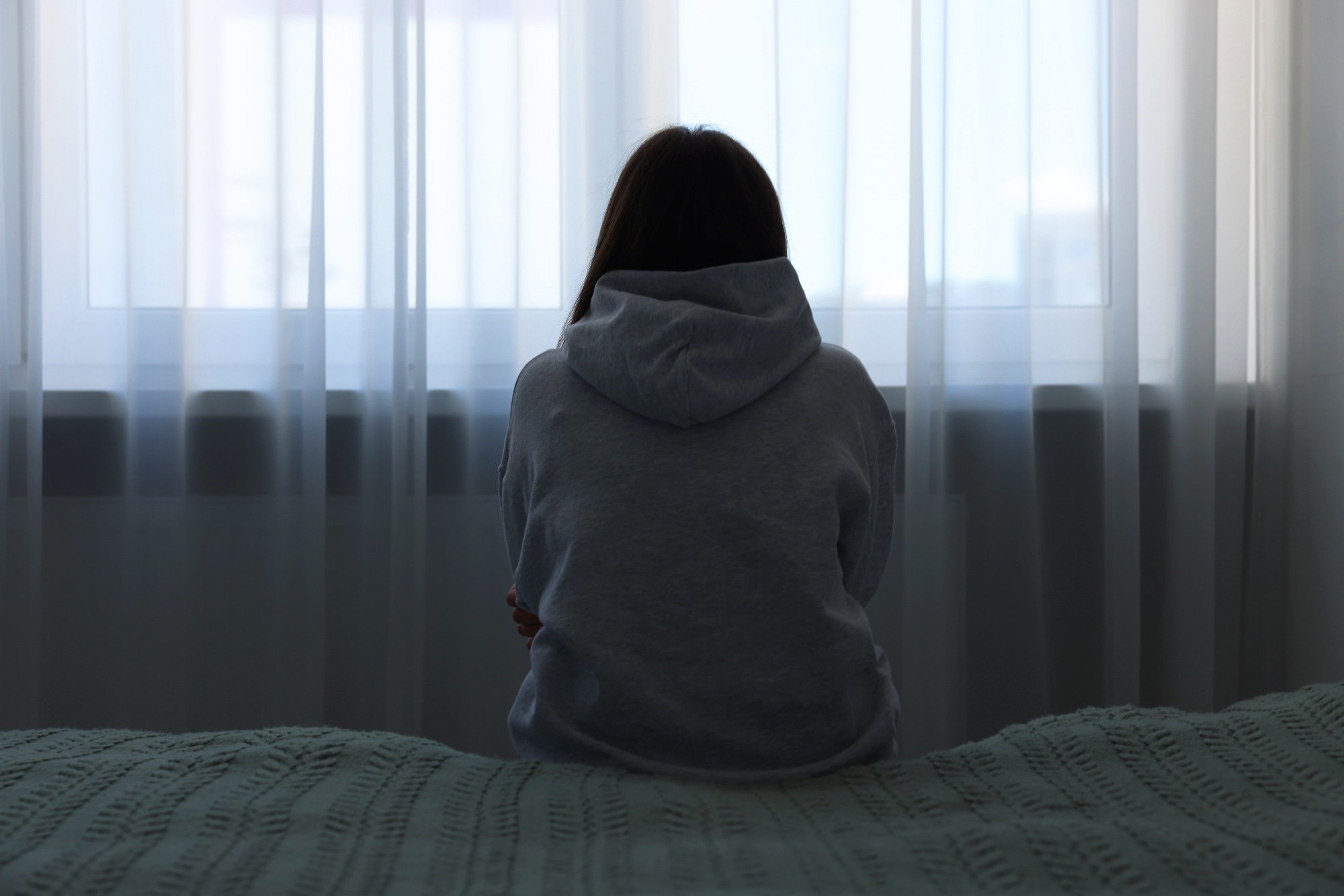Isolated and Unwell: The Silent Health Crisis Lurking in Loneliness

In a revealing exploration of social health, researchers have uncovered a profound connection between loneliness and detrimental lifestyle choices that can significantly impact overall well-being. The study reveals that individuals experiencing prolonged social isolation are more likely to develop unhealthy habits, creating a dangerous cycle of physical and mental health challenges.
Loneliness emerges as a silent catalyst for poor lifestyle decisions, particularly in areas of diet and personal health. People struggling with social disconnection often turn to comfort mechanisms like smoking and unhealthy eating patterns, which dramatically increase their risk of obesity and related health complications. These behaviors not only provide temporary emotional relief but also contribute to long-term health risks.
Public health experts are increasingly concerned about the broader implications of social isolation. The research highlights how emotional disconnection can translate into tangible physical health consequences, underscoring the critical need for community support systems and mental health interventions. By addressing loneliness proactively, we can potentially mitigate its cascading negative effects on individual and population health.
The findings serve as a powerful reminder that human connection is not just a social luxury, but a fundamental component of maintaining physical and mental wellness. As society continues to evolve, understanding and combating the health risks associated with loneliness becomes increasingly important for comprehensive public health strategies.
